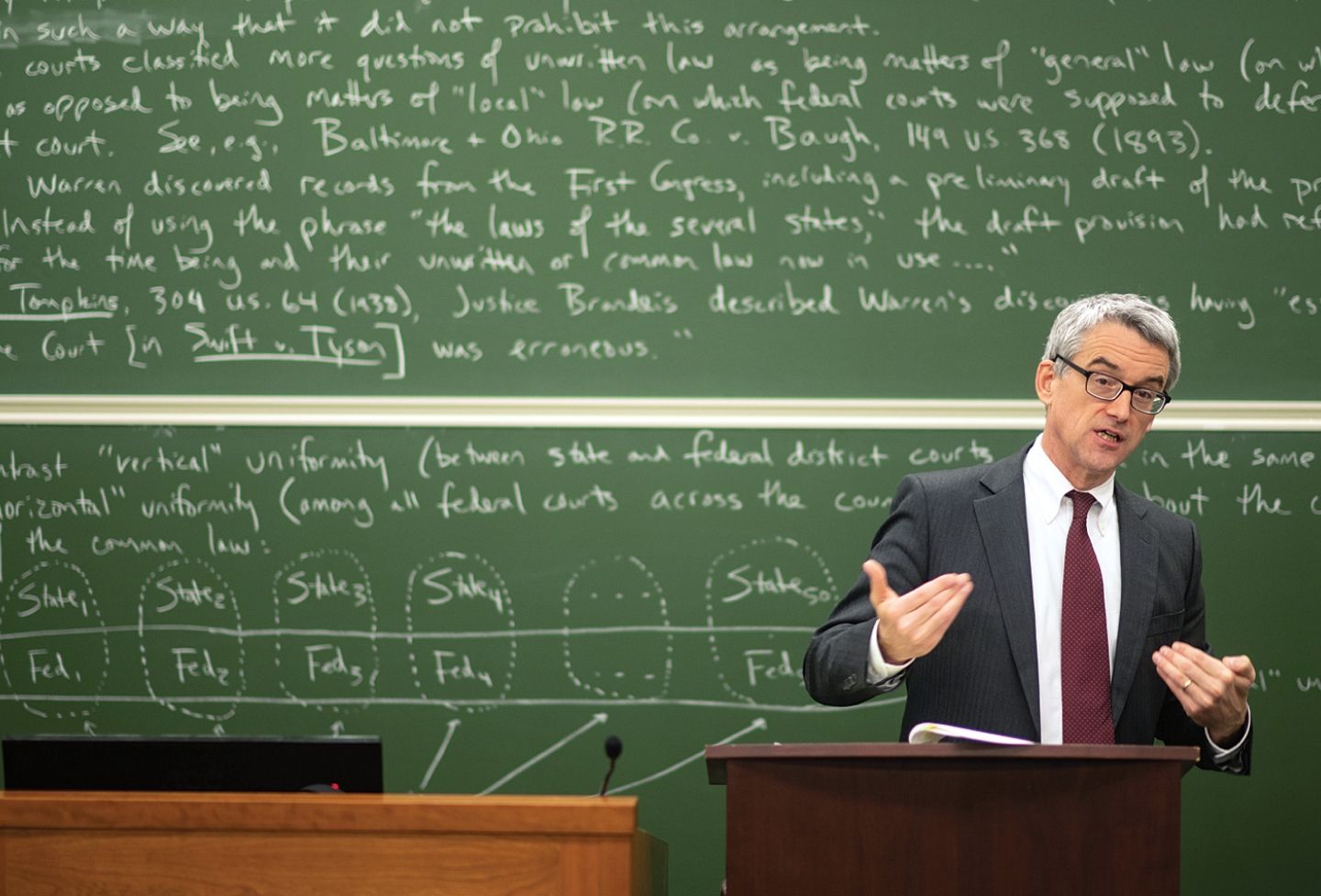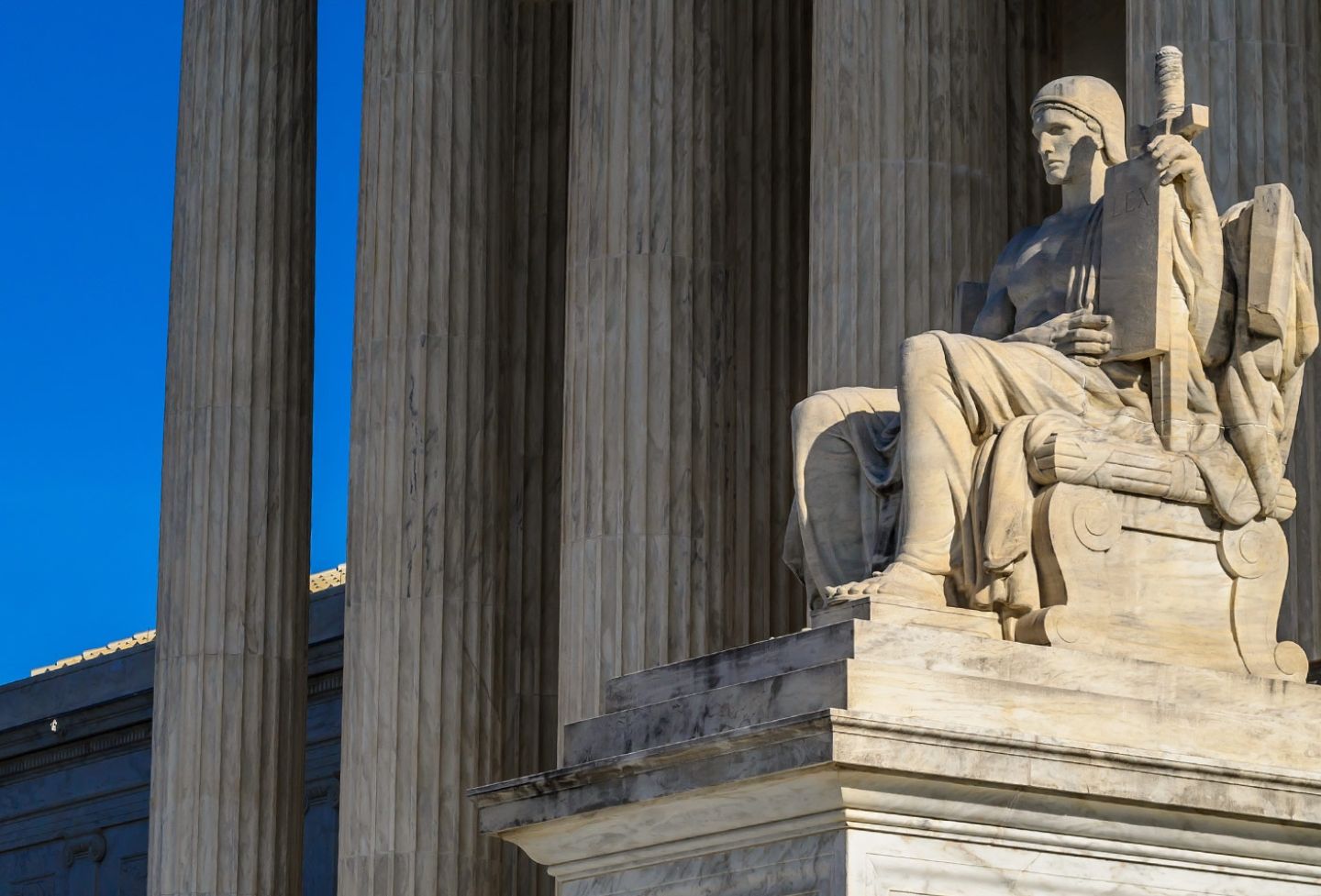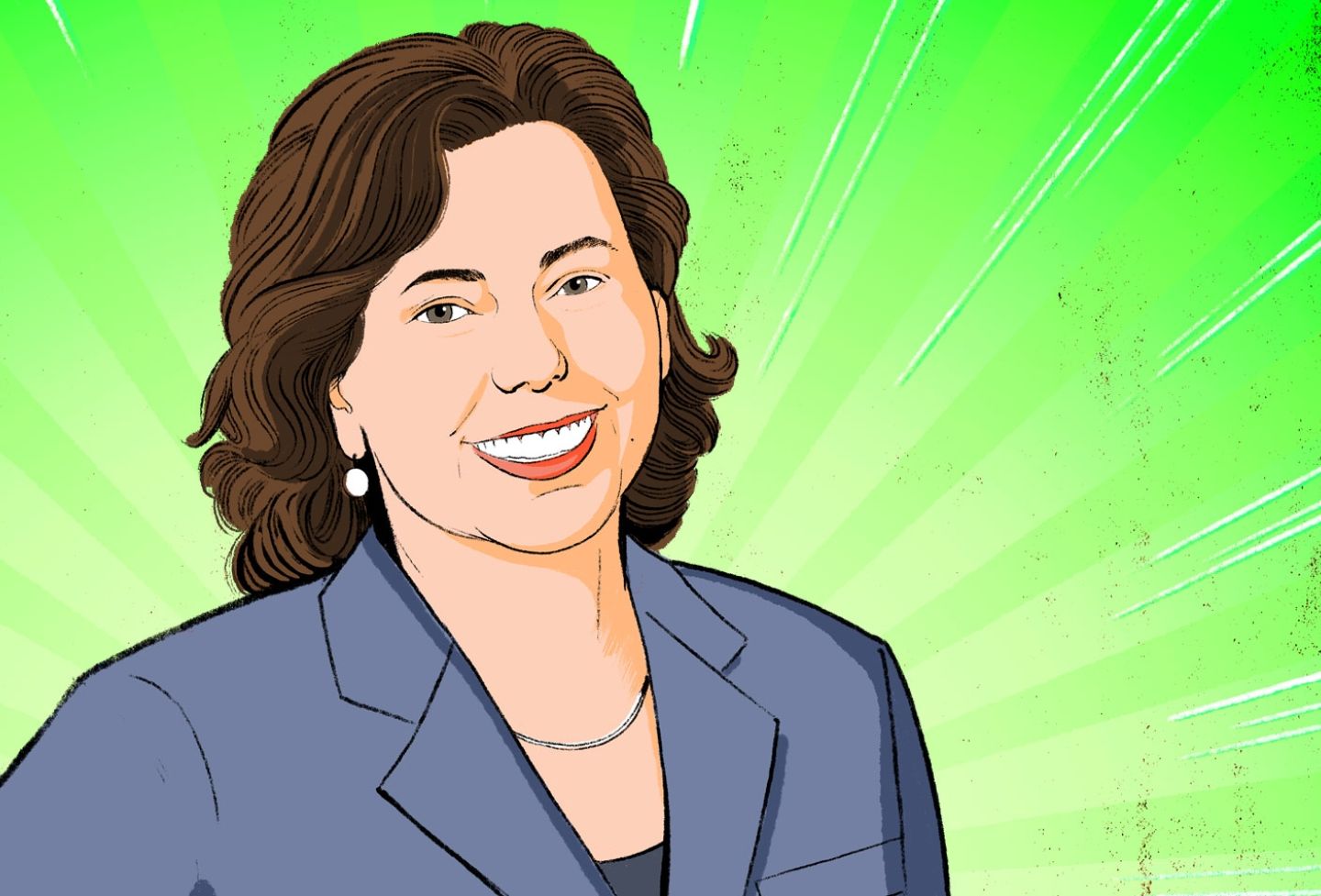Based in Palo Alto, California, Catharina Min represents U.S. and international clients in mergers and acquisitions, private financings, joint ventures, venture capital financings and other corporate transactions.
She has extensive experience representing Asian clients doing business in the United States. Min emigrated from South Korea with her family when she was 12.
Why did you decide to become a lawyer?
When I first started at UVA undergrad, my initial interest was journalism. But during my second year, it really dawned on me that my new country was a melting pot of people from many different cultures and customs. The main thing that held all of us to each other was our legal system, so I wanted to know it, to not just be a spectator of it but to master it.
One of other things that really drove home that point was when my father was charged with an accident when he didn’t actually cause it. The kid who was driving the car who hit my father told the police officer that it was all my father’s fault. And when the police wanted my father to sign a piece of paper that said you’re being charged and you’ll show up in court, he didn’t realize what he was being asked to sign. Because he thought maybe it was an admission of guilt, he wouldn’t sign it. And the police officer almost put him in handcuffs and took him in.
I was in school, so he was able to get somebody else to come and translate. And he did sign it. So I drove up from Charlottesville to help him defend himself. The charges were dropped after the kid failed to show up in court. I remember thinking, law is just so important to our daily lives — how we behave, how we hold each other accountable — that I decided to go to law school.
What path did your career take after law school?
I went to Cooley because I wanted to see what it was like out here in San Francisco and Silicon Valley. I ended up working there about four years. And then I had this amazing opportunity to work as a U.S. lawyer for Shin & Kim, one of the largest law firms in Korea. And so I left to go to Korea in 1994 and worked there for over 4½ years.
I spoke Korean, but really not that well, like a fifth-grader. But the thought of going back to a country that I was from, and actually being able to practice law and using all that I’d learned, was exciting. They needed more transactional lawyers to help some
of the biggest Korean companies, like Samsung, Hyundai and SK, do deals all over the world, and also help foreign companies coming into Korea, because Korea was liberalizing its foreign investment laws. The Korean president at that time had this big mantra of globalization. It was really an exciting time to be in Korea, and I learned so much.
What lessons stand out from your time in South Korea?
What I found was, I brought with me the way U.S. law firms did things and how U.S. companies negotiated. So in the beginning, I got there and I started to try to do it the same way, which was a lot more direct, which was a little bit aggressive. And what I realized was, boy, we’re in a totally different country. It’s a little bit like “when in Rome, do as the Romans do.” You have to listen more. You have to figure out what the nuance is of what they’re trying to say to you.
They have different layers of decisionmaking. They have different ways of getting to a consensus. And just trying to charge into an agreement, and sometimes threatening, and sometimes being overly aggressive — all of those things actually backfire.
So that was probably my biggest lesson that I still to this day use in my negotiations, which is listen, try to figure out what they need, what they’re trying to say. And try to get to an agreement, of course.
And then, the other thing was just try to also let the other side save a little bit of face. It’s a different concept, but don’t try to pick every nickel and dime and penny off the negotiating table. There’s usually a lot of postclosing matters and issues that come up, especially if it’s a joint venture or an investment. If you are too aggressive in how you get there, you just won’t get the cooperation that you need going forward. And so helping the other side save face, giving them something that might not be as crucial to your client, and letting there be this giveand-take and good relationship-building is really very important and an understanding that has served my clients well.
What took you from lawyer to leader?
I think confidence builds on itself over time. And you realize that you do know a lot more and that you actually can bring so much more value than just your legal reasoning and legal analysis.
It’s something that is almost innate in me, to lead. When I was 17, six years after I came to this country and really just having learned English, I ran for school president in my high school and won. There was a big hoopla, articles written about it in Fredericksburg, the first Asian American to ever become student council president. And to me, it was just what I wanted to do — I did not like sitting around. I really wanted to contribute and get the most out of my high school and see what I could do for my school.
One of the things I think that really helped me be a good business lawyer was that I was a translator for my dad since I was 12 years old. So I would go help him buy a car, and we would go rent an apartment for the family. I actually filed our income taxes since I was 12, for my father. Every year, I just would read the instructions, and I would file the income taxes until I was in college, when they finally got an accountant because they bought a small business.
At first I was just a translator. But soon enough, I would just start asking the questions that I knew my dad would ask. And then I would just follow up with another question that I knew that he would ask, or maybe he hadn’t even yet thought of. Each time, my negotiation skills got stronger, and I became very comfortable with speaking to adults and asking questions in a way that got a helpful response.
More ‘From Lawyer to Leader’ Stories
- Sarah Baker ’04, president and executive director, We The Action
- Nancy L. Buc ’69, former chief counsel, FDA
- Elissa Cadish ’89, justice, Supreme Court of Nevada
- Terrica Ganzy ’02, deputy director, Southern Center for Human Rights
- Barbara Jeremiah ’77, former executive vice president, ALCOA
- Jennifer McClellan ’97, Virginia state senator
- Susan W. Murley ’86, co-managing partner, WilmerHale
- Heather Podesta ’97, founder and CEO, Invariant
- Mary Ellen Powers ’80, partner-in-charge, Jones Day Europe



